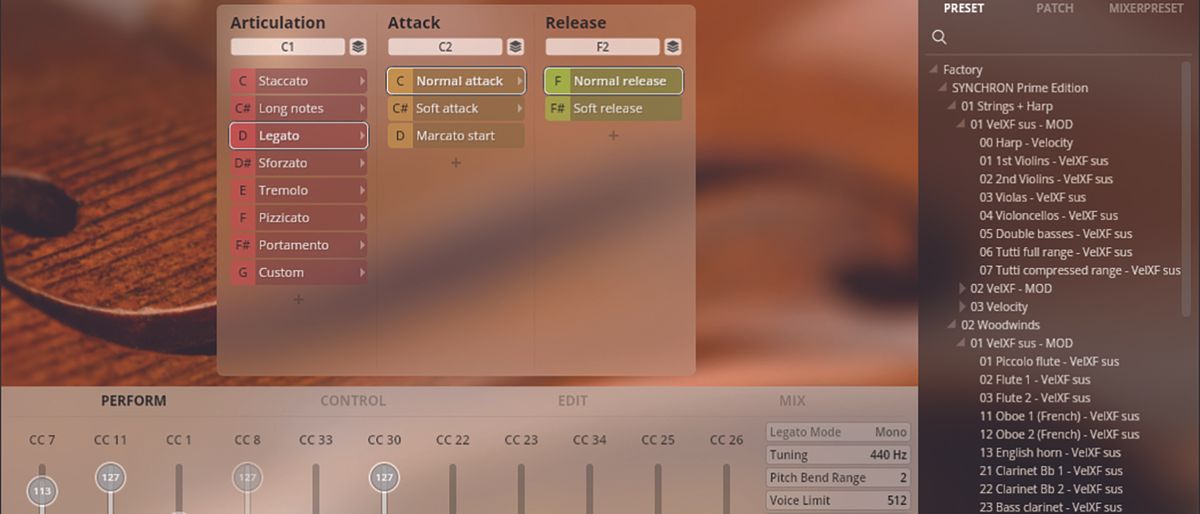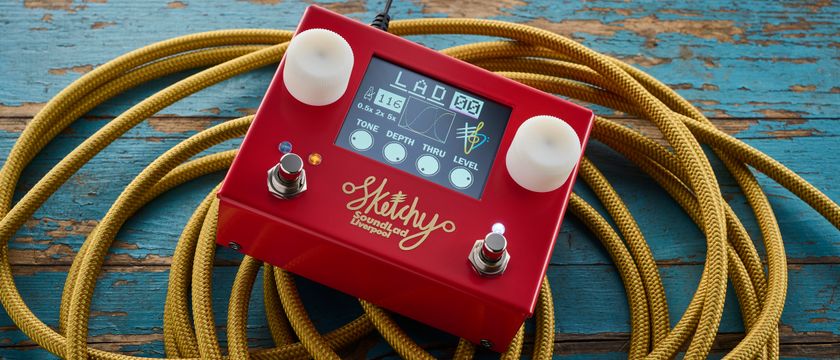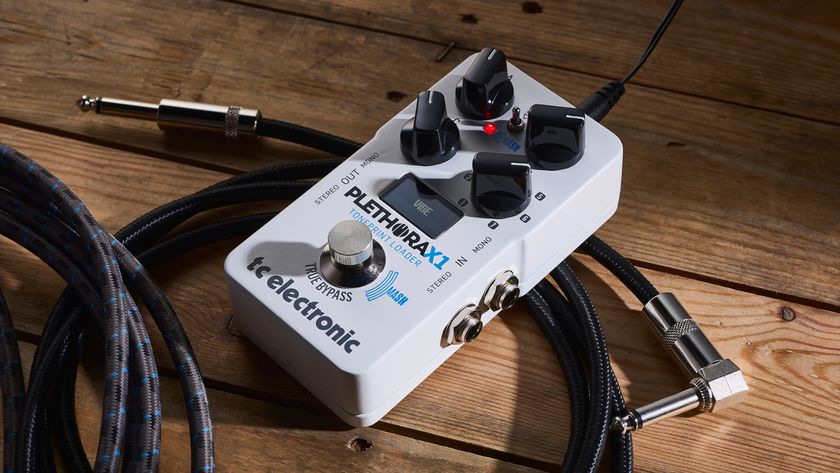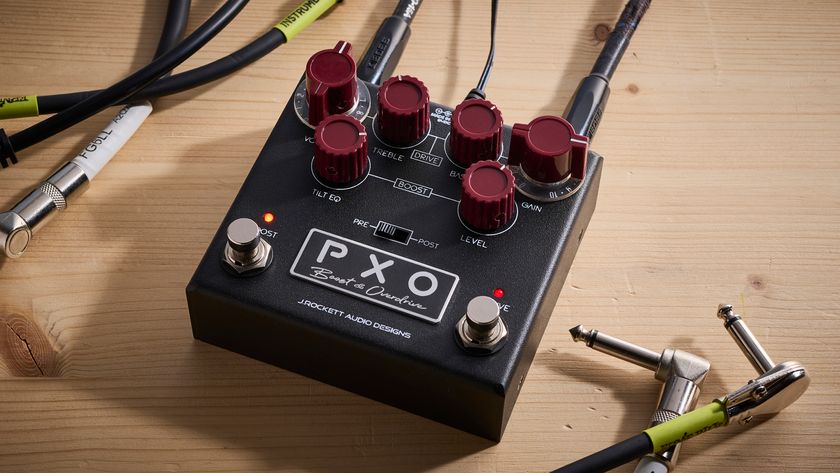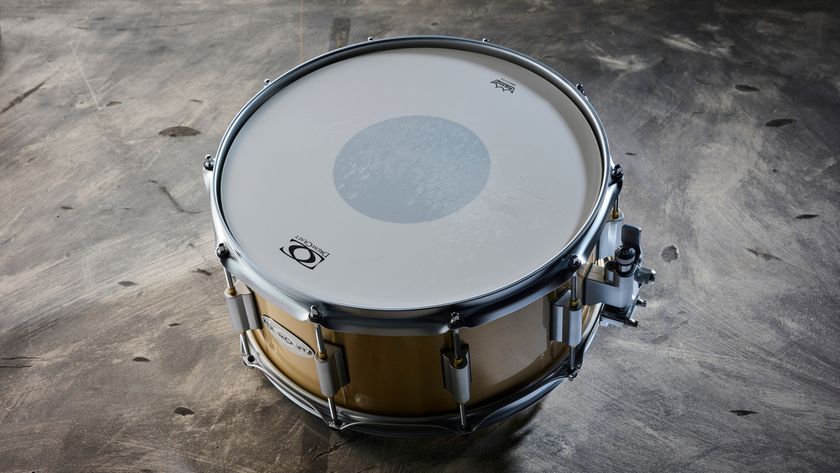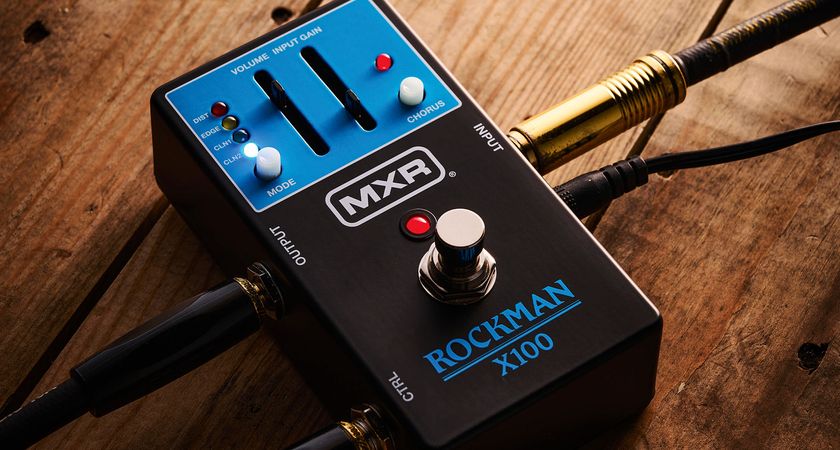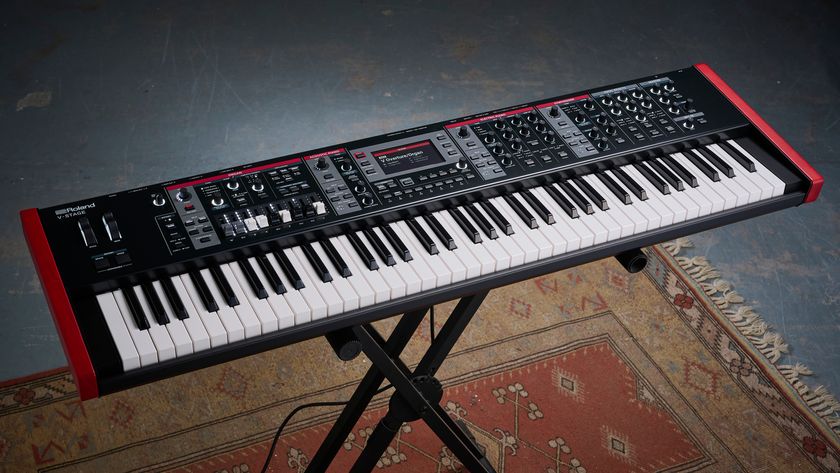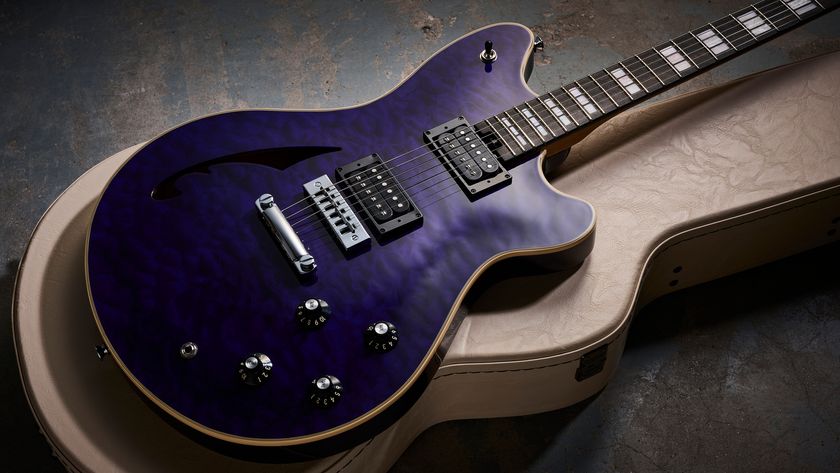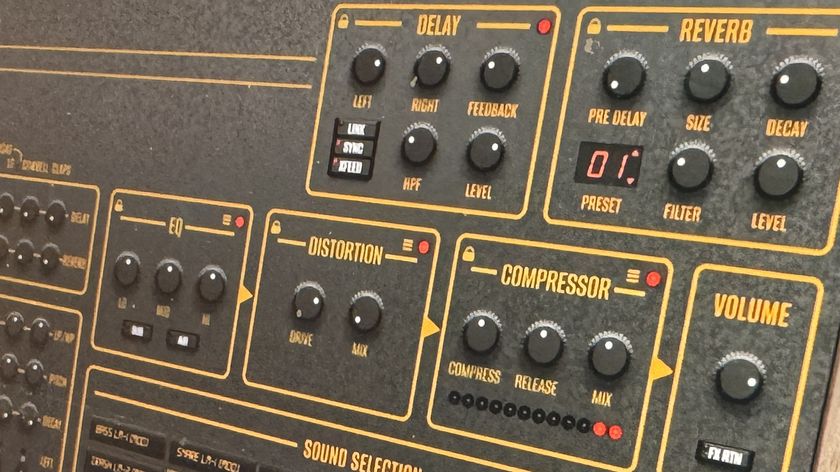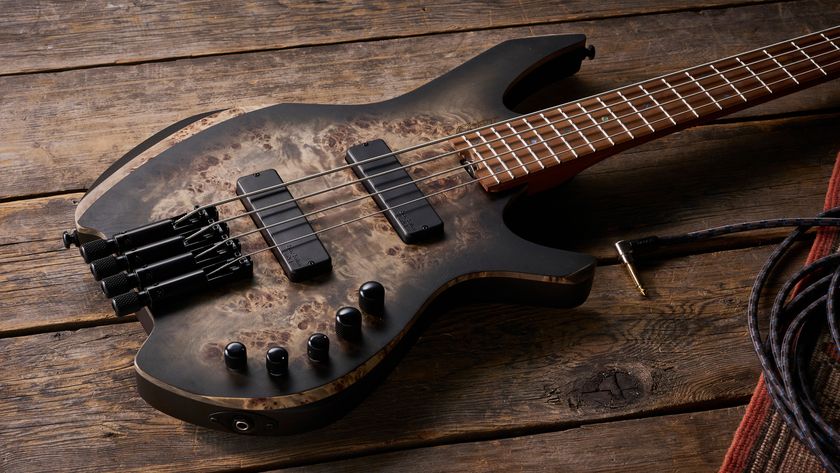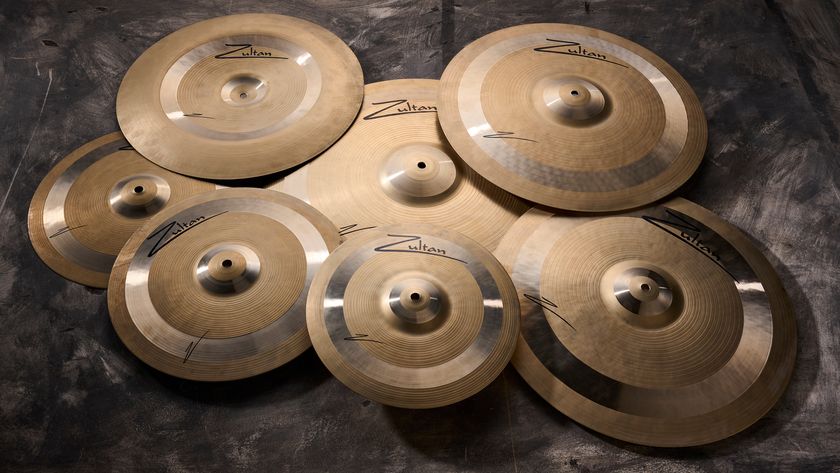MusicRadar Verdict
Synchron Prime Edition represents the best in entry-level libraries with a complete instrument list and excellent user control.
Pros
- +
Extensive sampled instrumentation.
- +
All orchestral sections covered in detail.
- +
Exceptional user control.
- +
Most of the samples are very convincing.
Cons
- -
Some vibrato samples sound less convincing.
- -
By the nature of the library, it’s not cheap.
MusicRadar's got your back
Vienna Symphonic Library Synchron Prime Edition: What is it?
The prospect of spending good money on an orchestral library is often a tricky decision to justify and conclude. It can be a little bit difficult to try out the sounds you want to buy, and as any orchestrator or producer working with sounds such as these will tell you, just because it says ‘orchestral library’ on the box, it doesn’t necessarily mean you will get all of the content you require.
Vienna Symphonic Library, better known to all of us as VSL, was one of the first companies to grab the nettle of orchestral sample libraries, and do so in such a way that it set itself apart from the field with its large and expansive collection of orchestral instruments. Fast forward several years and VSL is no longer the only kid on the block, but it is still most definitely stoking the fire.
The admirable VSL Synchron Player plays host to the Synchron Prime Edition, an entry-level volume of samples, with a very broad orchestral construct. Moreover, it garners an attractive price point, particularly given the amount of content. Once installed, the Prime Edition occupies a very respectable 69GB of disk space. It’s worth noting that RAM allocation and CPU loading are pretty economical, making perfect partners for older computers, as well as newer models.
The samples themselves are organised beautifully from within the Synchron Player, using a simple menu hierarchy. There is full representation across strings, woodwind, brass and percussion, with extended instrumentation such as harps, cor anglais and bass clarinet. Even better, you can audition this library out for 30 days before committing to an outright purchase.

Vienna Symphonic Library Synchron Prime Edition: Performance and verdict
The Synchron Player itself provides a large bank of assignable faders, designed to control all aspects of expression and timbre, alongside elements such as humanisation. Having a hardware bank of MIDI faders will be helpful here, but there is considerable key-switching available as well, with some instruments providing an option for key-switching elements such as vibrato, on and off.
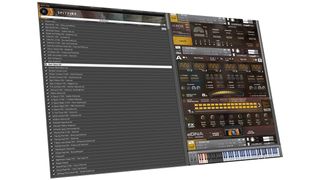
• Spitfire Audio Albion One
A great collection, specifically designed to get you on the first rung of the orchestral ladder.
• Audio Imperia Nucleus
A weighty collection of 28.5GB worth of orchestral sounds, perfect for contemporary projects.
A case in point could be the trumpet patches, which provide a healthy contingent of articulation: short notes, long notes, legato and more, with the ability to activate and deactivate the vibrato on the longer articulations. In this setting, the vibrato is not overly convincing. However, removing it suddenly provides a very cinematic and Copland-esque timbre, which is highly commendable.
Not to be outshone, the string samples are pretty substantial en masse, with all the usual articulation suspects alongside tremolo, pizzicato and portamento. The legato is incredibly convincing, especially when coupled with real-time dynamic control, particularly in the mid and lower section strings. The first violins can sometimes suffer from a slight jolt of attack, while played in legato mode, but VSL has equipped this library with the ability to employ a soft attack in this setting, which tempers the legato articulation beautifully.
Not to be outshone, the string samples are pretty substantial en masse, with the usual articulation suspects
The percussion section is equally extensive and very well equipped. There is no drum kit, but there are all of the other orchestral instrument elements, from woodblocks to tubular bells, and triangles to Taiko.

Total control
If you are new to the concept of orchestral libraries, there is no doubt that there is a little bit of a learning curve in knowing how to get the best from a package or set of samples. Firstly, there is the musical element; orchestrating does take a degree of getting used to, and is a little bit different from simply playing chords on a keyboard, or strumming notes on a guitar. Voicings, as we call them, have everything to do with where you place the notes from within a chord across an instrument section. Getting used to this style of working will yield more convincing results, as will real-time control of the samples.
Owning some form of keyboard or fader bank, that will allow real-time adjustments of parameters as you play, will also yield a far more comprehensive and believable performance. You can duplicate this onscreen using your DAW, but we often play things in a different way to the way we might represent them on the screen.
Getting primed
The technology behind many orchestral libraries continues to push boundaries and it is great to see many of these elements available within a more modestly priced package. It isn’t what you might call a bargain basement price, but neither should it be, because the vast majority of this library is very believable, while providing enormous amounts of user control, offering huge potential for numerous forms of orchestration and production. As an orchestral library at the entry level, this is an exceptionally strong contender.
MusicRadar verdict: Synchron Prime Edition represents the best in entry-level libraries with a complete instrument list and excellent user control.
Vienna Symphonic Library Synchron Prime Edition: The web says
"Synchron Prime Edition is my new starting point for building foundations of great compositions and is often all I need to finish them off. A fantastic product from a fantastic developer."
Sample Library Review
Vienna Symphonic Library Synchron Prime Edition: Hands-on demos
Vienna Symphonic Library
Sample Library Review
Simeon Amburgey
Vienna Symphonic Library Synchron Prime Edition: Specifications
- Minimum: Windows 8.1/10 (latest update, 64-bit), Intel Core i5 or AMD Athlon Pro. macOS 10.13 (latest update), Intel Core i5. SSD (M2, SATA 6 or USB3/3.1, UASP Support - HFS+, APFS or NTFS formatted) for the sample content. 8 GB RAM. iLok Account and iLok License Manager software for activation in the cloud or on a physical iLok 2/iLok 3 key. Free storage space: 64.9 GB.
- Recommended: Windows 10/11 (latest updates, 64-bit), Intel Core i5/i7/i9/Xeon. macOS 11 (or higher), Intel Core i5/i7/i9/Xeon. 16 GB RAM. SSD (M2, SATA 6 or USB3/3.1, UASP Support - HFS+, APFS or NTFS formatted) for the sample content. AU/VST/VST3/AAX Native compatible host compatible host. 88 key master keyboard.
- CONTACT: Vienna Symphonic Library
Computer Music magazine is the world’s best selling publication dedicated solely to making great music with your Mac or PC computer. Each issue it brings its lucky readers the best in cutting-edge tutorials, need-to-know, expert software reviews and even all the tools you actually need to make great music today, courtesy of our legendary CM Plugin Suite.

"I believe I’ve got the last recording Jeff Beck ever did in the studios": Guitarist Mick Rogers thinks he's in possession of a piece of musical history

“If you want a good vocal, you gotta drink snake sperm”: Singer Jessica Simpson reveals the unusual drink that keeps her vocal cords in tip-top condition
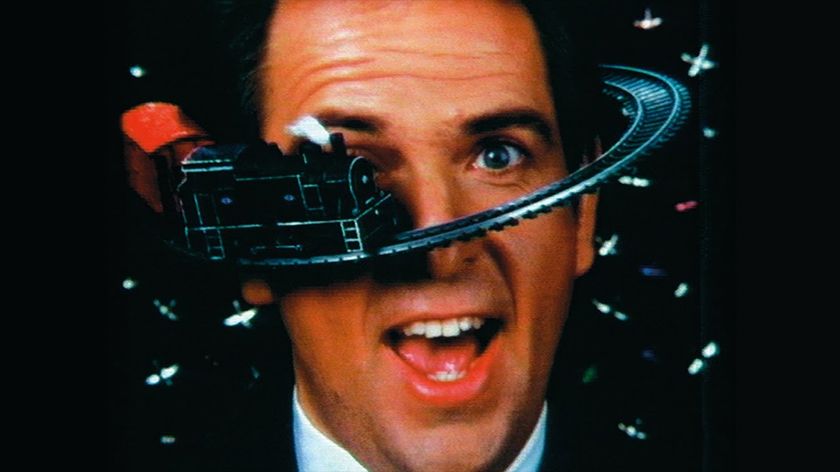
“I was thinking at the time, if anyone wants to try and copy this video, good luck to them!”: How ’60s soul music, African rhythms and a groundbreaking video fuelled Peter Gabriel’s biggest hit
